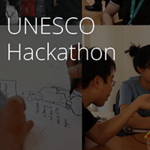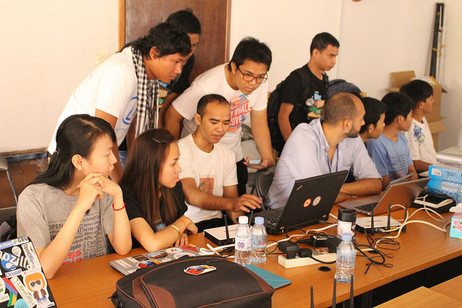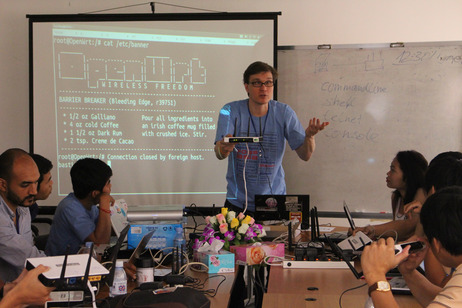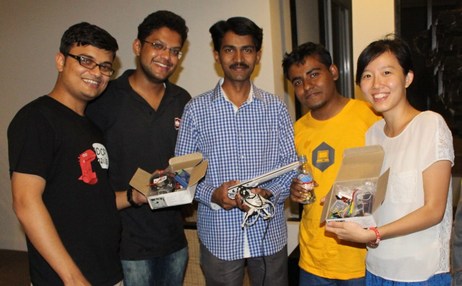Using Open Data to Tackle Sustainable Development Challenges
Published Jul-23-18Breakthrough:
Apps to detect water pollution, encourage recycling and boost agricultural output.
Company:
UNESCO, Singapore
The Story:
 Water pollution is a big issue in Vietnam and it has a number of causes including weaknesses in industrial wastewater management and a lack of awareness among citizens who dump rubbish in rivers, canals and ponds. Among the solutions that could soon be helping to clean up the dire state of some of the country's water supply and sources is the Coconut Project, an app that can detect polluted water and provide citizens living in big cities with action plans.
Water pollution is a big issue in Vietnam and it has a number of causes including weaknesses in industrial wastewater management and a lack of awareness among citizens who dump rubbish in rivers, canals and ponds. Among the solutions that could soon be helping to clean up the dire state of some of the country's water supply and sources is the Coconut Project, an app that can detect polluted water and provide citizens living in big cities with action plans. The software program was one of the winners of the UNESCO Open Data and Science Hackathon which was held in Singapore in March 2018, at the FOSSASIA Summit (an important annual event for the open-source technology community in Asia).
During this two-day open innovation event innovators, scientists and hackers were tasked with developing open source applications that address climate change and environmental challenges for sustainable development.
“It is our goal to engage the developer community to develop innovative applications in open source by leveraging the open data and knowledge available,” said a statement on the contest’s website.
Open Data
To help participants develop their solutions they were able to access a variety of open datasets. And they were assessed on the extent to which they leveraged this data to respond to urgent environmental issues. Other judging criteria included scalability, market opportunity and benefit to society.
In all, 92 participants were involved, dividing themselves into 14 teams that were supported by ten mentors.
The other winning ideas in addition to the Coconut Project were:
The Restro Machine - this app encourages people to recycle and it can also connect to actual "Restro Machines" that collect and sort recyclables autonomously. Among its main components are the recycle terminal (Restro Machine) and an AI core to identify and sort collected waste. Currently, the system is able to accurately identify a user deposited item with 80% accuracy. The project's next steps are to fine tune the item recognition process and to source funding for wider adoption.
Kisan Seva - an Android app to provide information to farmers, researchers and consumers in India. The ultimate aims are to boost agricultural output and to keep relevant and interested parties up to date with recent research. It uses and provides data from trustworthy sources and includes information on solutions to farming problems and links to the websites of research facilities all over the world. Among the next steps for the winning team is to make the app accessible in more native Indian languages.
Success
All three winning teams received prizes such as hardware and software tools as well as valuable mentoring support to develop their ideas. The event was a big success for UNESCO too as it was an opportunity to highlight the importance of open data, open source software and the open source community to address the goals of its 2030 Agenda for sustainable development.
Next Story »



